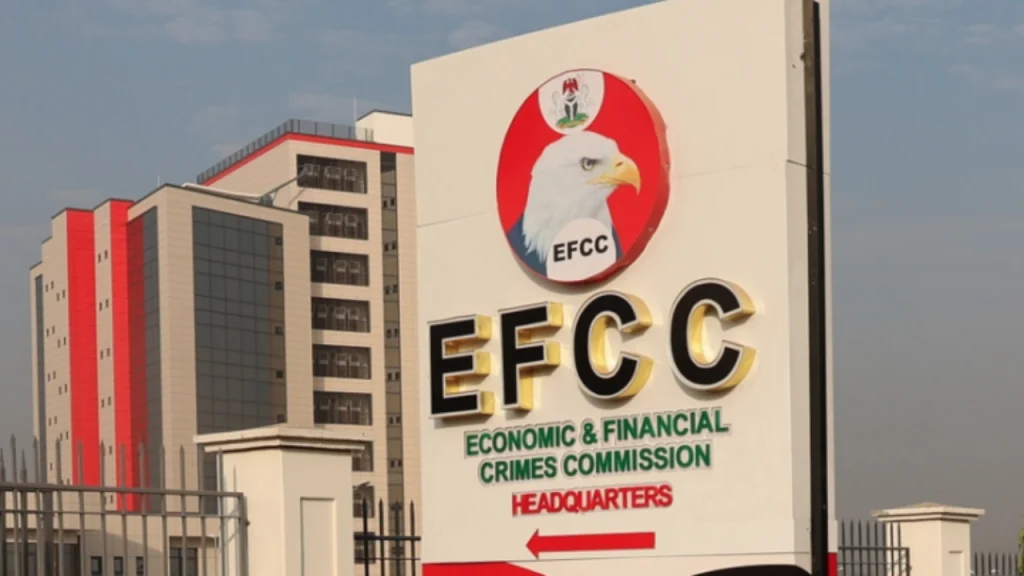The Lagos State Government has clarified its decision not to join other states in their lawsuit against the Economic and Financial Crimes Commission (EFCC) at the Supreme Court.
According to the state, it is already involved in a similar case with the EFCC, which is currently before the apex court.
Speaking to journalists on Wednesday during a two-day Strategic Management meeting with ministries, departments, agencies, and stakeholders, the Lagos Attorney-General and Commissioner for Justice, Mr Lawal Pedro (SAN), explained that after the Lagos State House of Assembly passed a law establishing a state anti-corruption agency, the EFCC, through the Office of the Attorney-General of the Federation (AGF), filed a suit against the state at the Supreme Court.
Pedro noted that joining the new lawsuit alongside other states would be considered an abuse of court process, given that the matter between the EFCC and Lagos State is already being heard by the court.
“My response to why Lagos State did not join other states challenging the EFCC is that Lagos had enacted a law on public complaints and set up an anti-corruption agency to address corruption within the state,” Pedro said.
“However, the EFCC, through the AGF, challenged this law at the Supreme Court. Joining the new suit would therefore amount to an abuse of court process.”
Pedro added that the case filed by the AGF has delayed the full operation of the Lagos anti-corruption agency, but they expect the Supreme Court to set a hearing date soon.
He also clarified that while agencies like the EFCC and police can investigate corruption cases, the state Attorney-General holds the power to prosecute state offences. Any agency prosecuting such offences does so under the authority of the Attorney-General.
Pedro dismissed speculation that Lagos’ refusal to join the lawsuit was influenced by President Bola Tinubu’s Lagos origin, stating, “I’ve been asked if Lagos didn’t join because the President is from here, and I say no, that’s not the case. We already have a pending case before the Supreme Court.”
He further emphasised that Lagos State maintains a collaborative relationship with the EFCC, and any state offence prosecutions are conducted on behalf of the Attorney-General. He reiterated that the Attorney-General has the constitutional power to take over or discontinue any case in the interest of justice and the public.

